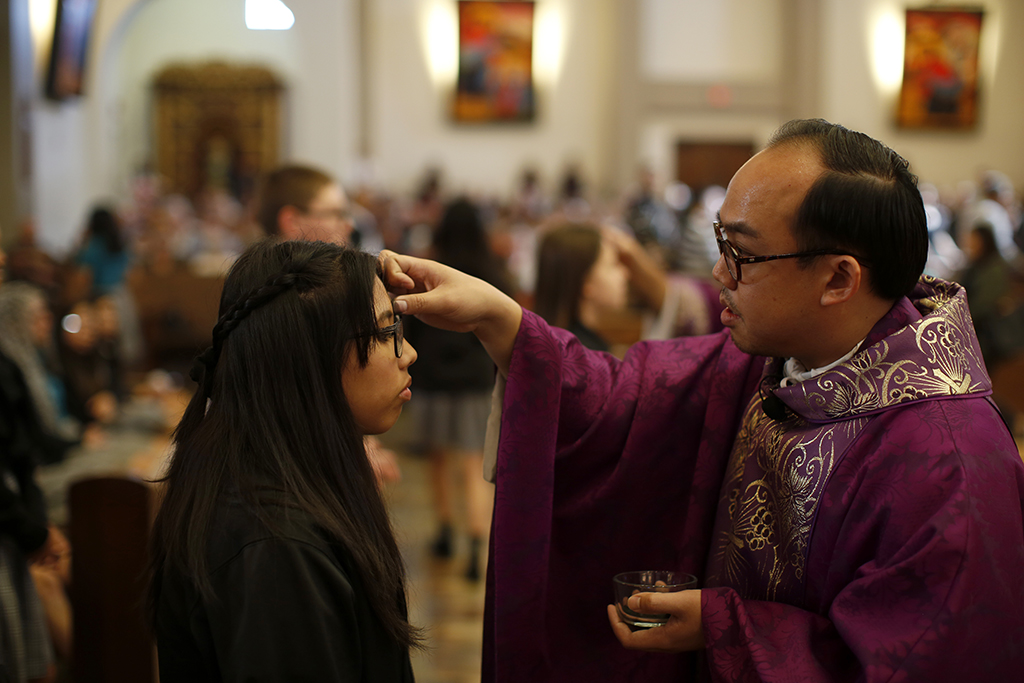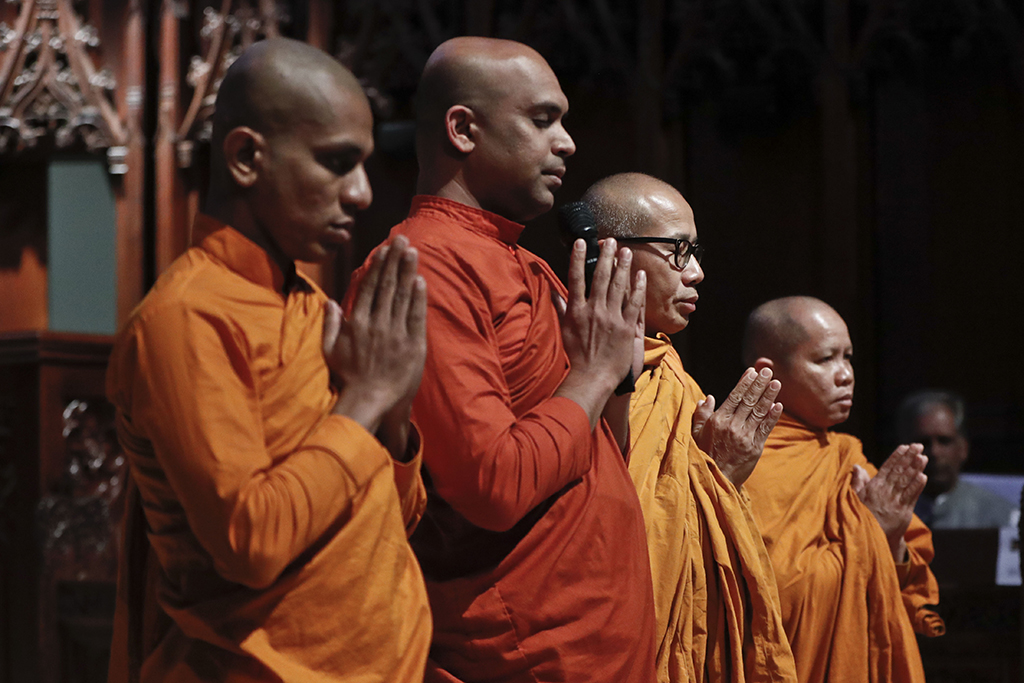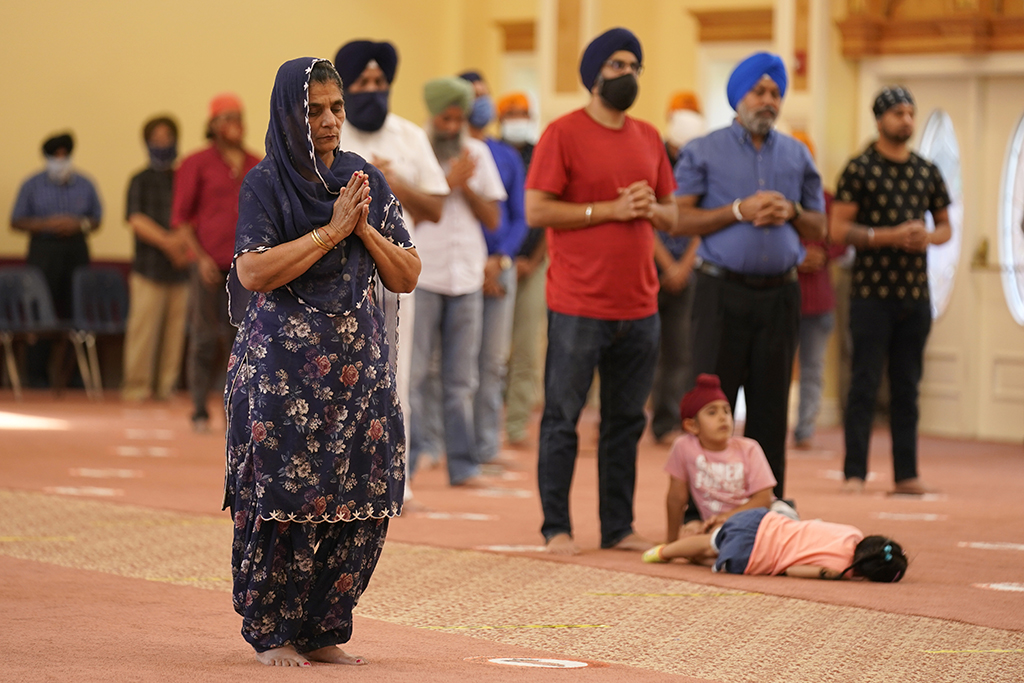A recent study conducted by the Pew Research Center has shed light on how Asian Americans perceive their connection to religion and culture.
The study included people from various Asian backgrounds, representing different religious affiliations such as Christianity, Buddhism, Hinduism, Islam, Confucianism, Daoism (Taoism), and Shintoism.
Some participants identified with a specific faith when asked about their religious affiliation, but they also felt that their faith was an integral part of their cultural heritage.
In other words, if someone felt close to a religious tradition, they also felt it was linked to their culture, their family, and their community. This connection to both religion and culture was a recurring theme in the study.
For example, Buddhists and those closely associated with Buddhism viewed it more as a “way of life” than a rigid religion. Hindus also perceived Hinduism as both a religion and a way of life.
In addition, the Pew Research Center study found that a significant portion of Asian Americans (32%) identifies as religiously unaffiliated, marking an increase from 26% in 2012.
Christianity remains the largest religious group (34%), although it has experienced an 8% decline since 2012. Asian American Christians are almost evenly split between Catholics and Protestants (17% and 16% of all U.S. Asian adults, respectively), while born-again or evangelical Protestants constitute 10% of the population.

An Ash Wednesday Mass in 2020 at the St. Thomas Aquinas church in Phoenix, Ariz. (AP Photo/Dario Lopez-MIlls)
Only 11% of Asian American adults identify their religion as Buddhism, but 21% feel a strong connection to Buddhism for other reasons, such as family heritage and culture.
Other religious groups, including Buddhists, Hindus, Muslims, and followers of Daoism, Jainism, Judaism, Sikhs, and others, collectively make up approximately 4% of the Asian American adult population.
Differences in religious affiliation were observed among Asian origin groups, with Chinese and Japanese Americans having the highest percentages of religiously unaffiliated individuals. Meanwhile, Filipino Americans predominantly identify as Christians, particularly Catholics, and Korean Americans have a significant Christian population, including a notable proportion of born-again or evangelical Protestants.
Indian Americans are more likely to be Hindu, although a substantial number also identify as Christian, Muslim, or Sikh. Vietnamese Americans are the most likely to identify as Buddhist among the major Asian origin groups.

A group of Buddhists from the Pittsburgh Buddhist center at a prayer vigil in 2019, in Pittsburgh. (AP Photo/Keith Srakocic)
South Asians in the U.S., including those with origins in countries such as Pakistan, Bangladesh, Nepal, Sri Lanka, and Bhutan, have a higher percentage of Muslims compared to the six largest Asian origin groups.
Southeast Asian Americans outside the Philippines and Vietnam are predominantly Buddhist.
This research involved in-depth focus group discussions and one-on-one interviews with over 100 Asian Americans, making it one of the most extensive surveys of its kind.


